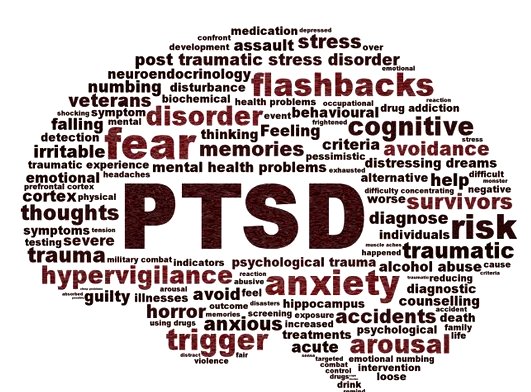Post-traumatic stress disorder (PTSD) is a condition that can affect those who have experienced trauma. It involves symptoms such as intrusive memories, heightened stress responses, and emotional distress. While PTSD can be challenging, there are key strategies that can help manage and reduce its impact. Here are the key coping methods that individuals may find helpful in navigating life with PTSD:
Learn About PTSD
Understanding trauma and its effects is fundamental in managing PTSD. Learning about common reactions to trauma and the symptoms of PTSD can provide perspective and reassurance. It can be helpful to discover that your responses to traumatic events are shared by many others and are not indicative of weakness or abnormality. Education about PTSD can shed light on why specific symptoms occur, making it easier to recognize and address them. Seeking treatment can deepen this understanding, equipping you with knowledge and tools to better cope with the condition.
Seek Support
Support from others is a fundamental aspect of coping with PTSD. Talking openly about your experiences can foster a sense of understanding. Isolation can compound feelings of distress, so making a conscious effort to connect with others may be beneficial. Choose your support network carefully; surround yourself with individuals you trust and feel comfortable with. By sharing your thoughts and feelings, you may feel less alone and discover practical solutions to challenges you face.
Practice Relaxation Methods
Relaxation techniques may help reduce PTSD symptoms by promoting a sense of calm. Some methods to try include muscle relaxation exercises, controlled breathing, and meditation. Spending time in nature or listening to quiet music are more options to contemplate. Introducing relaxation techniques may feel difficult at first if they intensify sensations or memories. Gradually incorporating these practices alongside other activities, like walking or listening to music, may reduce the risk of adverse reactions and make the methods manageable.
Engage in Positive Activities
Engaging in enjoyable and constructive activities can serve as a helpful distraction from PTSD symptoms. Work or recreational pursuits that you find fulfilling can steer focus away from difficult memories and emotions. For instance, creative activities such as painting or crafting can provide an expressive outlet for feelings. Positive distractions not only uplift your mood but can also foster a sense of accomplishment and aid in rebuilding your personal life.
Establish Routines and Structure
Routines provide a helpful framework for managing PTSD by reducing unpredictability and creating stability. Consistent daily habits, such as setting regular times for meals, sleep, and physical activity, can strengthen your sense of control. When activities are anticipated, stress levels may decrease, aiding overall recovery. Simple structures, like preparing a to-do list or establishing a workday routine, allow you to concentrate on achievable tasks.
Learn More About PTSD
Managing PTSD is a process that often involves self-awareness, support, and professional care. By incorporating strategies such as educating yourself, seeking support, practicing relaxation, and engaging in positive activities, you may find tools to manage symptoms better. Explore more resources or connect with experts for further insights into PTSD and available treatments.









Leave a Reply